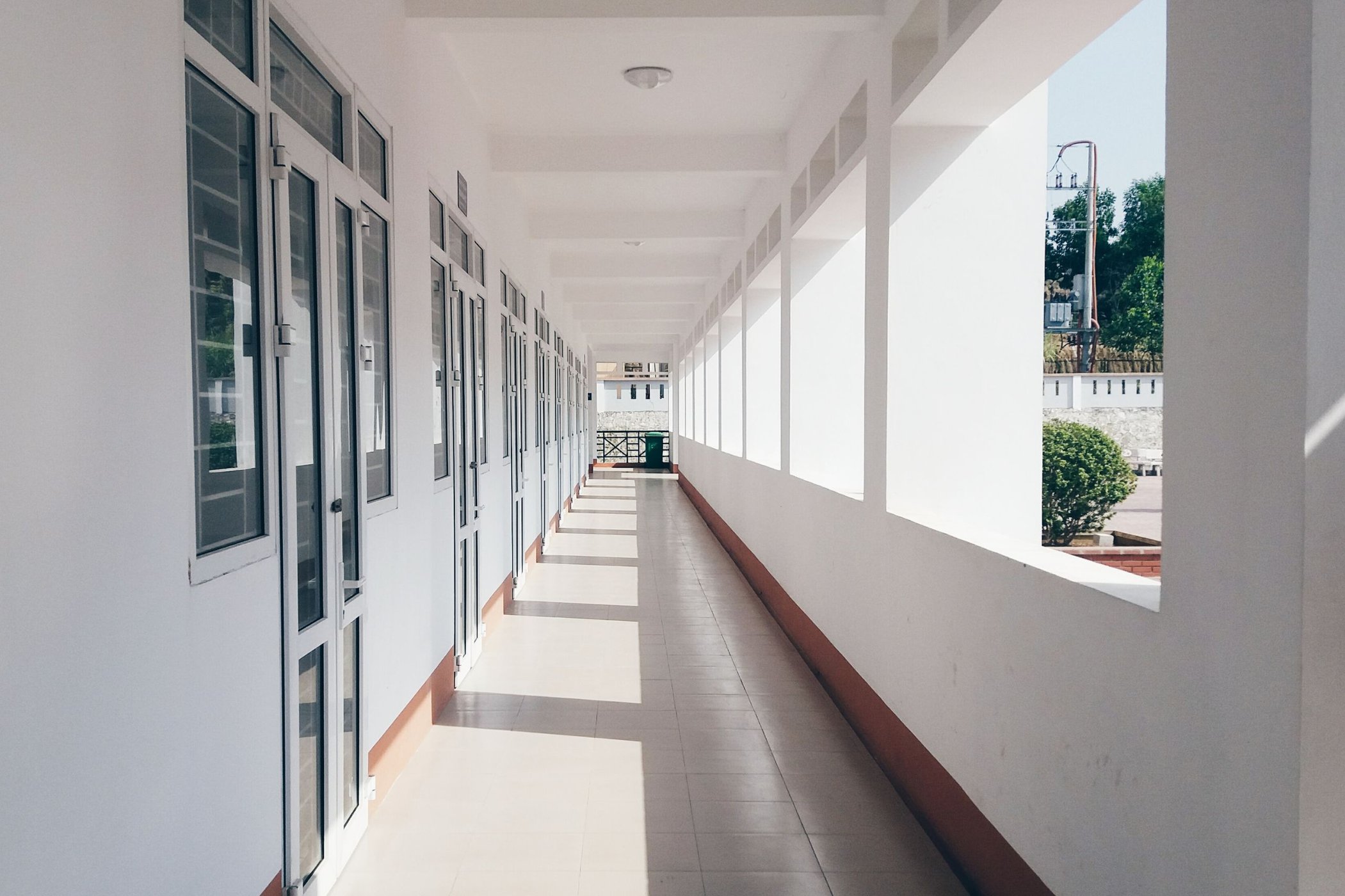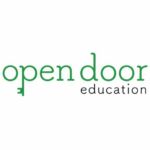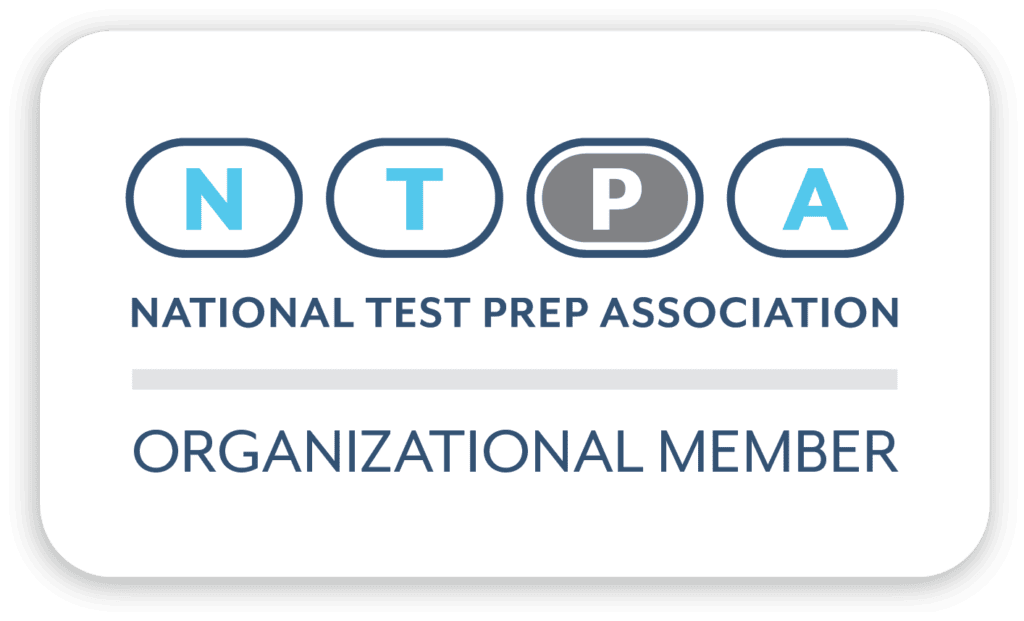Many parents and students have heard common misconceptions about independent schools and private schools, and it is important to separate fact from fiction. First, let’s define what we mean by independent schools.
Independent schools are institutions that charge fees to attend instead of relying on government funding. These schools do not follow the national curriculum but face regular government inspections, though the government does not oversee them. In addition, to attend, students need to apply and often test into the school. Independent schools are also referred to as private schools, and they can be either day schools or boarding schools.
Independent schools differ from Catholic private schools. Think of Catholic schools, rather, as a subset of independent schools. Catholic schools are administered under the aegis of the Catholic Church and focus on developing students as practitioners of the faith in addition to providing academic education.
Popular movies and books often paint private schools as old-fashioned, elitist institutions with uniform students. However, private schools nowadays can’t be so easily pigeonholed. Allison Matlack of Matlack Educational Consulting joined us to explore the most common myths about independent schools – and the truth behind them.
Myth #1: Only Rich Kids Go to Private Schools
The truth: students of all demographics go to private schools. A growing number of independent schools are attracting the best and brightest students, no matter their background, with financial aid and scholarship programs.
“In the past, independent schools did look like a place where predominantly rich kids went, and they were fed off to some of the elite colleges like Harvard and Yale,” Allison says. Nowadays, many independent schools have a mission and responsibility to educate all qualified students, no matter their financial situation.
Myth #2: Independent Schools Don’t Have Much Diversity
This is another outdated misconception. Many people think private schools are “exclusive clubs” that only educate the wealthy. In today’s reality, independent schools work hard to actively foster a diverse environment to build a well-rounded institution.
Independent boarding schools often have students coming from all over the world. That includes different cultures, religions, socioeconomic backgrounds, and more. Private day schools, on the other hand, often have students attending from 20 to 30 surrounding towns.
The modern private school these days? Diverse by design. Private schools have the ability to craft their community, and they build their student body by intentionally looking for students and teachers who bring different backgrounds and experiences to the table.
Myth #3: Independent Schools Don’t Meet The Needs of Students with IEPs
Before we dive into this topic, it’s important to note that independent schools are not legally required to meet the needs of students with learning differences that require specific accommodations, as specified in an IEP.
What, exactly, is an IEP? Good question. An IEP, or Individualized Education Plan, is a plan for students who need extra help and support in school. Support for students with IEPs is normally offered free of charge to families who have students in public schools. An IEP will outline goals and support services for students to help them succeed in school.
If your student has unique learning needs, it’s important to look into each independent school’s academic support structures to ensure that the school can provide effective support for your student. For example, if your student has dyslexia, you will want to look for educators with Morton Gillingham training. Some private schools may not have this resource on staff, and sometimes, a private school simply isn’t the right fit for your student, Allison says.
When considering applying to independent schools, it is important to understand what an appropriate learning environment looks like for your student. Knowing your student’s learning style can make a big difference in setting them up for success.
Myth #4: Independent Schools are only for Jocks
Independent schools often get labeled as “schools for jocks.” It’s true that many independent schools require an extracurricular activity, or sport. It’s also true, however, that private schools cater to students who like to play sports and also seek out greater academic rigor. It can also be helpful to expand our conception of what a “sport” can look like.
Firstly, a sport doesn’t have to mean a team sport. For some private schools, “sport” can constitute yoga or pilates. The word has a much more flexible meaning and doesn’t require students to play basketball or soccer, for instance. Many private schools also offer niche sports, such as racquetball or fencing, which students may not have access to through their public school district.
Secondly, students may find that sports at an independent school are more inclusive. At independent schools, there’s always a spot for an athlete, even if they are not varsity level, Allison notes. Unlike public schools, students in private schools can still play volleyball or run track and field even if they don’t compete in the highest competitive level. In public schools, however, students often get “cut” from the team if their skills do not meet certain criteria.
Lastly, many private schools often offer a “PG” year, which is typically an extra school year for student-athletes who want more time to sharpen their skills or get scouted. This has become especially common during the pandemic when sports suddenly grinded to a halt, and is often an appealing option for students who plan to compete at the collegiate level.
Myth #5: You Can’t Get Into an Independent School Unless You’re Well-Connected
Private schools often face criticism for being elitist, which has historically been true. Decades ago, private schools often functioned under the assumption that you “needed to know someone” or be “connected” to get into the school.
Nowadays, however, that’s simply not the case. Connections can, of course, be helpful in some situations, but more often than not, connections do not sway school officials. Admissions boards will focus on academics, extracurriculars, and other qualifications over personal relationships that have historically advantaged students with the most wealth and privilege.
Myth #6: Independent Schools are expensive, but don’t offer much more than a public school
When most people think about the cost of their child’s education, they think primarily about college and are understandably wary of paying tuition for a student in middle school or high school.
“There’s tremendous value to independent schools that goes largely unnoticed by some families,” Allison emphasizes.
Independent schools often have many advantages over public schools. Take class size, for example. Allison says that when she taught English at a boarding school in Pennsylvania, she taught a small group of students that she came to know personally while engaging in intensive work together. Her students turned in an essay every Friday, received feedback on Monday, and had until Wednesday to revise it. Then, come Friday, another essay was due.
Allison’s students improved their writing skills greatly because they wrote a lot. But Allison could only do this because she had just 16 students in her class. If she had 30 students in her class, she wouldn’t have been able to keep up this practice.
Private schools offer smaller class sizes, a stronger sense of community, and more freedom for students to pursue individual interests. Because the community tends to be close-knit, there’s also an opportunity for students to develop deeper social networks. Many independent schools also bring in guest speakers or lecturers who are doctors, politicians, or authors, allowing students to speak with professionals with rich backgrounds. Many private schools also offer opportunities for students to travel and study abroad in ways that are not possible for students attending public schools.
Key Takeaways
At the end of the day, it’s important to ask: what does your student really want and need in a school? Sometimes, public schools truly offer better options for the individual, Allison says. Other times, private schools will best prepare the student for the life they want to lead. If you’re seeking well-rounded advice while navigating your options, reach out to Allison at Matlack Educational Consulting.






